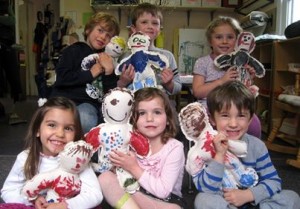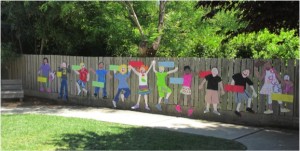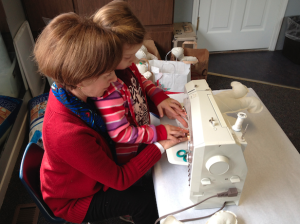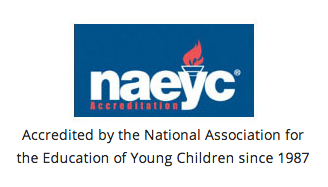About Us
We believe play-based and experiential preschool is the best way to prepare children for a life of learning. Our co-op program affords families the opportunity to engage with their child, while learning more about early childhood development, education, and parenting, from our experienced teaching staff. We are dedicated to the social, emotional, physical and intellectual growth of young children, through staff and families working together to support the children, school, community and each other. The preschool experience provides many opportunities for children to develop techniques for getting along with others their own age. They learn which emotional responses are acceptable to others through trial and error and through the example of other children and adults. In the objective atmosphere of the school, children are free to express and resolve normal tensions.


Trinity’s educational philosophy is based upon the following principles:
- The school environment is geared toward children.
- A child’s development is continuous, individual, and begins at birth.
- The stages of development are unique to each child.
- Interactions and relationships are at the heart of learning.
- Families are truly a child’s first teachers and are an integral part of the learning community.
- Learning experiences are purposeful, interactive, meaningful, relevant, active, and playful.
- Learning is designed to be challenging as well as fun, but within each child’s abilities. Even casual “free play” situations represent careful planning.
- Play is the avenue for learning.
- The ultimate goal is for children to become ready, able, competent, and eager learners.
Trinity strives to:
- Promote cooperative early childhood education by teachers and parents working together;
- Foster emotional, physical, social, intellectual and spiritual growth of children;
- Support families in the challenges of parenting and in times of personal crisis; and
- Be a positive witness to and active contributor in the community.
What You’ll See:

- A child-directed environment where children are encouraged to explore personal interests within a carefully designed curriculum and environment.
- Frequent, positive, supportive interactions among adults and children, and between teachers and parents.
- Planned learning activities appropriate to children’s ages and development.
- Low student-to-adult ratio
- A healthy and safe environment.

